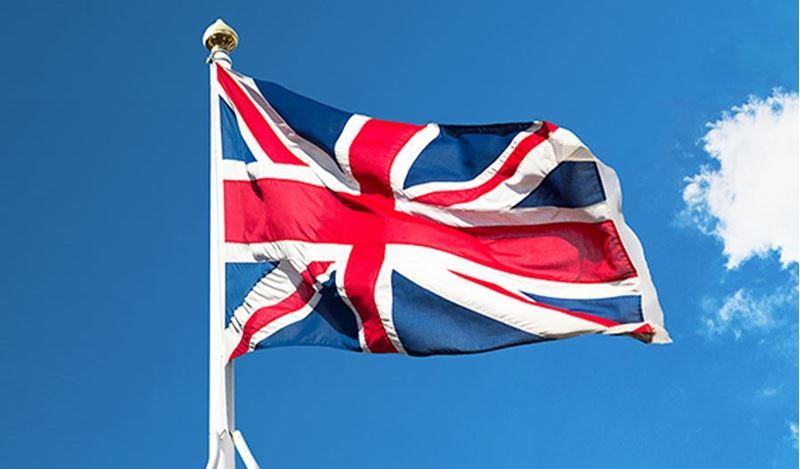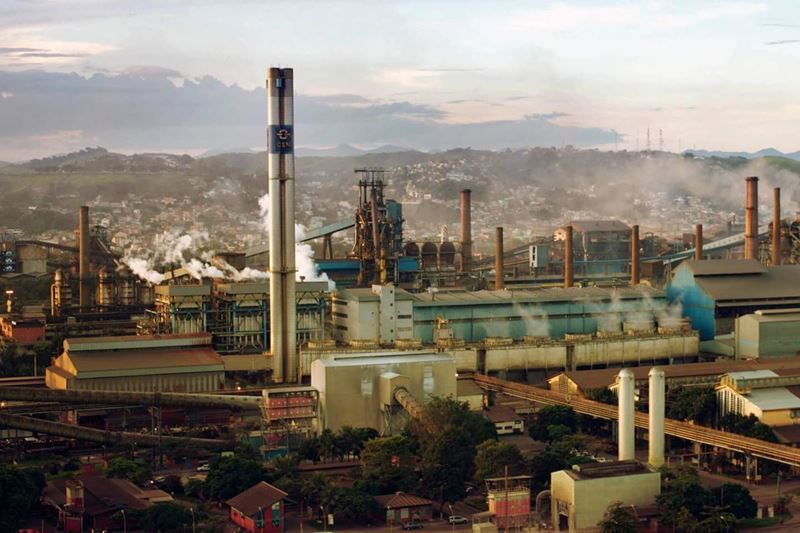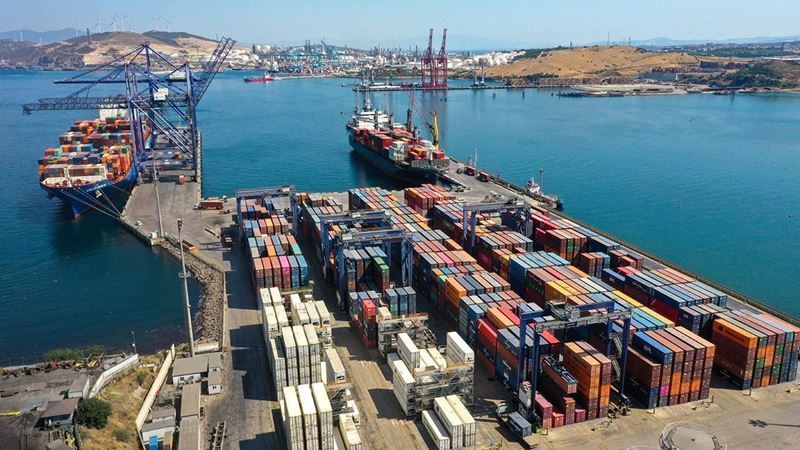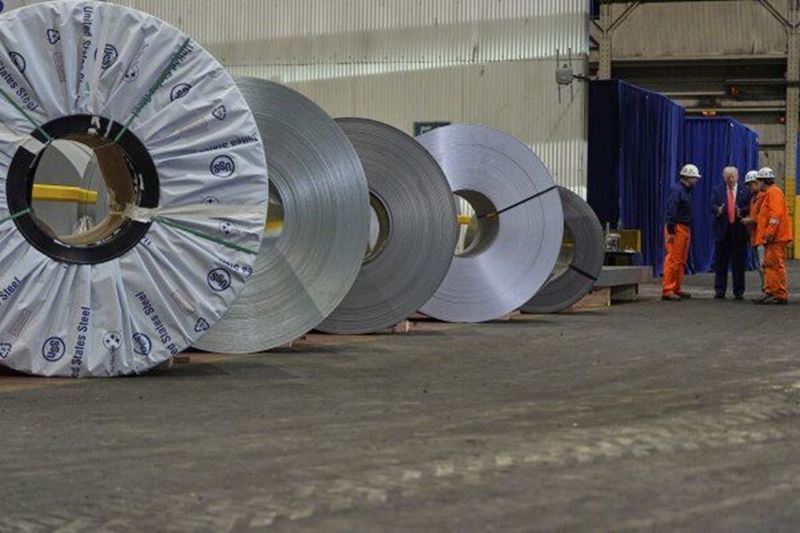The United Kingdom is preparing to implement the Carbon Border Adjustment Mechanism (CBAM) to reduce the risk of carbon leakage and achieve its net-zero targets, with a technical panel delivering a detailed presentation. The presentation shared detailed information about the functioning and scope of CBAM.
Carbon leakage is defined as the shift of production and emissions from one country to another due to carbon pricing and climate regulations. Experts stated that CBAM will contribute to reducing global emissions by mitigating this risk.
The presentation stated that CBAM will come into effect on January 1, 2027, and will cover the highest-emission industrial products from the aluminum, cement, fertilizer, hydrogen, and iron and steel sectors. Importers will declare the carbon emissions of products covered by CBAM either with actual data or with default values determined by the UK government.
CBAM rates will be calculated to reflect the local carbon price that would apply if the products were produced in the UK. Furthermore, if carbon prices have been applied abroad previously and the importer can prove this, the CBAM liability may be reduced.
The technical presentation emphasized that UK tariff commodity codes and the Combined Nomenclature system are used to determine which products fall under CBAM, and that complex products involving a few simple production steps are included. For example, sintered ore is classified as a simple product, while steel bars are classified as a complex product.
Click here for presentation details and more information about CBAM...










Comments
No comment yet.